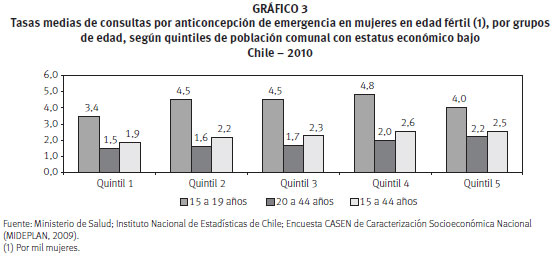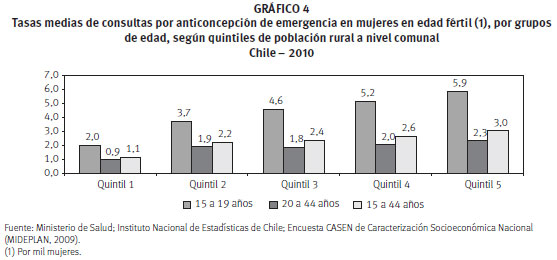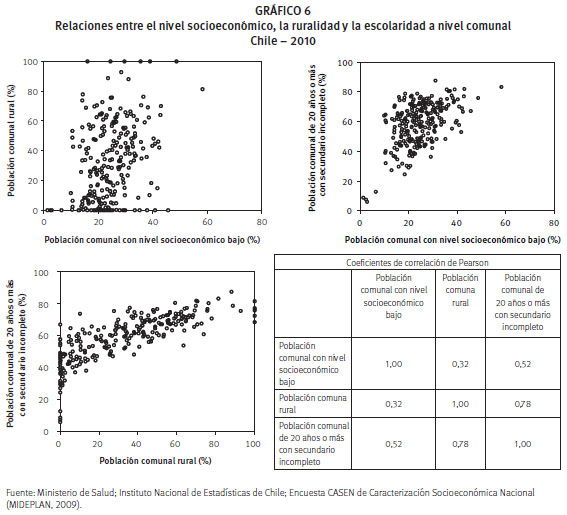In January 2010 Chilean law restored the provision of emergency contraception (morning-after pill) at public health services, after the Constitutional Court had banned its distribution in 2007. More than a year after the law went into force the Ministry of Health published, for the first time, official data on the application of this contraceptive method, a fact that opens up new possibilities for understanding its levels of demand and accessibility. This paper analyzes the demand on the national health system, evaluating the effects of three socioeconomic variables: economic status, educational level and place of residence. The results show that the average number of appointments for emergency contraception in women between the ages of 15 and 44 was 2.53 per 1,000 women. The rate was 4.27 for adolescent girls between ages 15 and 19, and only 2.1 in women aged 20-44. The highest levels of demand were seen in areas with low socio-economic indicators. In other words, a high percentage of the users were from low-income areas, many of them not having finished high school, and a high proportion lived in rural areas.
Emergency contraception; Morning-after pill; Chile; Reproduction; Fecundability










